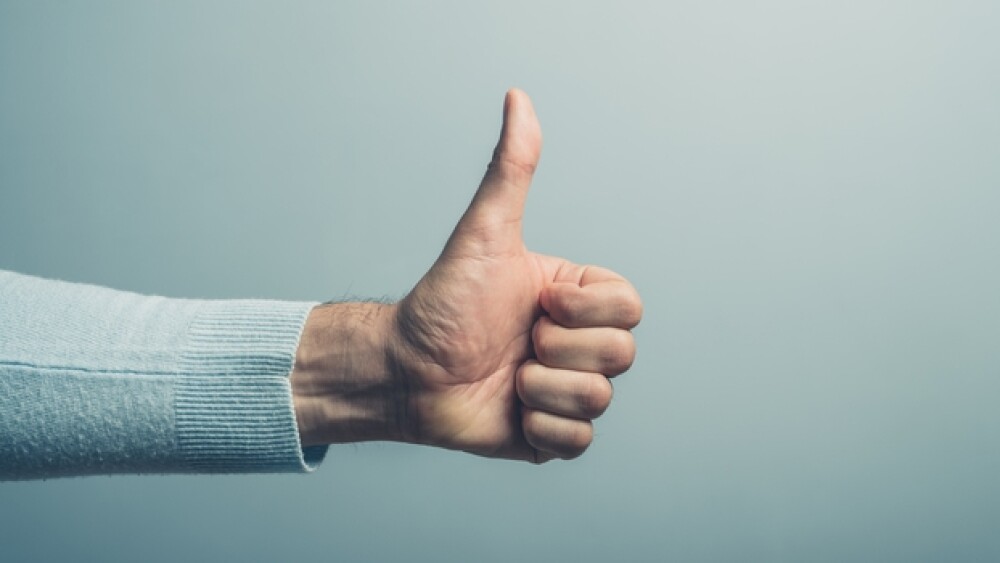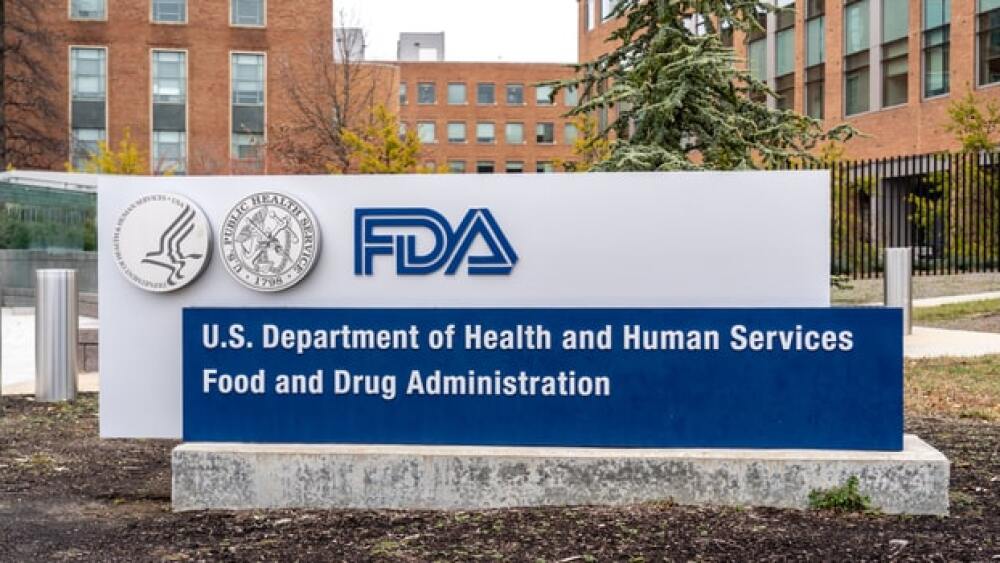When Bristol-Myers Squibb acquired Celgene this year for $74 billion, one of the drugs it picked up was a CAR-T therapy, lisocabtagene maraleucel (liso-cel).
When Bristol-Myers Squibb acquired Celgene this year for $74 billion, one of the drugs it picked up was a CAR-T therapy, lisocabtagene maraleucel (liso-cel). Bristol-Myers announced positive results for the drug in three studies at the American Society of Hematology (ASH) Annual Meeting this weekend.
The trials included an evaluation of liso-cel in relapsed or refractory chronic lymphocytic leukemia or small lymphocytic lymphoma (CLL/SLL), the TRANSCEND CLL 004 study; the PILOT study, which looked at second-line patients with relapsed or refractory large B-cell non-Hodgkin’s lymphoma (NHL) patients who were not eligible for high-dose chemotherapy and hematopoietic stem cell transplant; and an analysis of patients with relapsed/refractory large B-cell non-Hodgkin lymphoma who received liso-cel in the outpatient setting.
“As we continue to evaluate liso-cel in important new disease settings and areas of unmet medical need, we are encouraged to see the early results from these studies,” said Stanley Frankel, Bristol-Myers’ senior vice president, Cellular Therapy Development. “The results in relapsed or refractory CLL and SLL demonstrated a high rate of durable complete responses achieved in heavily pre-treated patients, including patients who have failed ibrutinib and venetoclax.”
He went on to say, “We are encouraged by the potential of liso-cel to treat second-line relapsed or refractory large B-cell NHL patients who are not able to undergo a stem cell transplant. Finally, the analysis evaluating liso-cel administered in the outpatient setting demonstrates that not all patients require hospitalization and that the safety and efficacy profile across a variety of types of clinical sites is consistent.”
CAR-T is a type of therapy where immune cells are collected from the patient, engineered to focus on the patient’s specific cancer, and then infused back into the patient.
Although there were shareholders opposed to the acquisition, this data suggests management knew what it was doing. Celgene investors will be entitled to a contingent value right (CVR) payment of $9 per share if three of Celgene’s treatments, including liso-cel, are approved in a specific period. The company indicates it plans to apply to the U.S. Food and Drug Administration (FDA) by the end of the year.
There are currently only two CAR-T products on the market, Novartis’ Kymriah and Gilead Sciences’ Yescarta. Other companies are working on CAR-T products.
In the Phase I/II TRANSCEND CLL 004 trial, at the data cutoff, 22 of 23 patients with CLL/SLL who had received three or two previous treatments were evaluable for efficacy, while all were studied for safety. Three-quarters, 17 out of 23 (74%), had cytokine release syndrome (CRS) of any grade, with 9% having grade 3 CRS. About 39% had neurological events, with 22% having grade 3 or higher. The overall response rate (ORR) at median follow-up of 11 months in patients receiving liso-cel was 81.5% with 45.5% achieving a complete response.
In the Phase II PILOT study in r/r large B-cell NHL, 12 patients who were evaluable achieved a response with 50% achieving a complete response. Of the 12, 58% maintained response levels at three months.
In a report on the outpatient administration, the analysis looked at three studies included in OUTREACH, TRANSCEND NHL001 and PILOT. This outpatient treatment required patient education, caregiver and proximity to the treatment center and each site had to have readiness plans for patient care and monitoring of adverse events in the outpatient setting.
As of the data cutoff, 44 patients in the outpatient setting received liso-cel on day 1. Of them, 39% had CRS of any grade, with 30% having NE of any trade. There was one case of grade 3 or higher CRS and two cases of grade 3 or higher NE. All were reversible. Across the studies, the ORR was 80% with 55% having a complete response.





